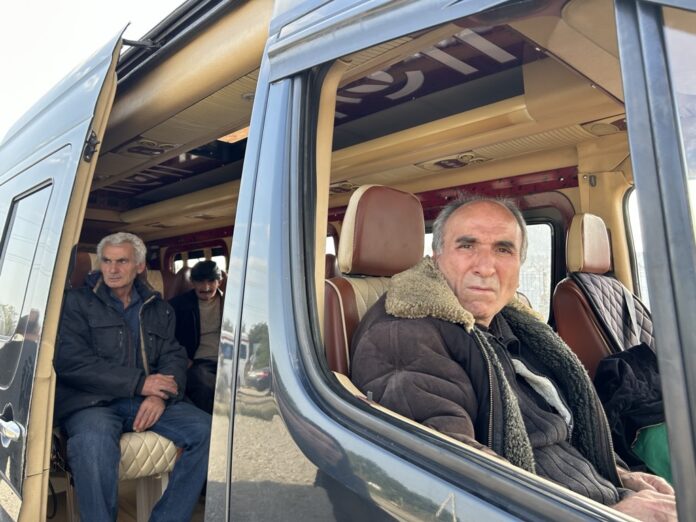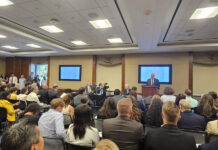YEREVAN — With 60 votes in favor, 22 against, and no abstentions, Armenia’s National Assembly adopted a draft resolution ratifying the Rome Statute, which now only requires the president’s signature to become law. Ratification would see Armenia joining the International Criminal Court.
The vote fell along party lines — with the opposition factions I Have Honor and Armenia Alliance, affiliated with former presidents Serzh Sargsyan and Robert Kocharyan, respectively, opposing the motion.
The decision comes against a backdrop of turmoil in the South Caucasus, with Armenia’s authoritarian neighbor Azerbaijan conquering the ethnic-Armenian populated self-proclaimed republic of Artsakh during an entirely unprovoked attack between September 19 and 20, which resulted in hundreds of deaths, thousands more wounded, and the expulsion of the entire region’s 120,000 indigenous Armenian inhabitants.
Despite global condemnation of this attack and pledges of tens of millions of dollars in assistance to refugees, no country has yet imposed sanctions on Azerbaijan for breaking the terms of the November 9, 2020 ceasefire (as well as virtually every previous ceasefire agreement), all of which stress the importance of renouncing a violent solution to the decades-long Nagorno-Karabakh conflict. Russia, in particular, despite being the only foreign power with a military presence in the region (along with 2000 peacekeepers with a mandate to protect the people of Nagorno-Karabakh), notably failed to condemn Azerbaijan’s ethnic cleansing and went so far as to shift the blame to Armenia. Russia, which formally signed two mutual defense agreements with Armenia in the 1990s, has in turn been criticized by Yerevan for failing to fulfill its pledge to defend the South Caucasus nations’ territorial integrity.
In Kornidzor, the first Armenian village along the Lachin Corridor connecting Artsakh to Armenia proper, a Red Cross triage tent was set up to process the expected flow of refugees fleeing the Azerbaijani advance into their homes and villages. Among the first arrivals, Arsen Hambardzumyan from Nor Shen village, told the Mirror-Spectator that the entire village had been evacuated when the Azerbaijanis began shelling. “Only the mayor stayed behind,” Hambardzumyan said, “we don’t know what happened to him.”
Another refugee, Nairi Chapanyan, from the Stepanakert suburb of Krkjan—situated just below the Shushi cliff — described Azeri artillery spotters intentionally redirecting fire towards the village’s school after parents had rushed to save their children from the barrage. Footage shot by local journalists also shows evidence that Azeri munitions hit schools, municipal buildings, and civilian infrastructure all across Artsakh. Almost 200 Armenian military personnel and civilians were killed during the 2-day attack, with many others still missing. Official Azerbaijani losses amount to 192.








